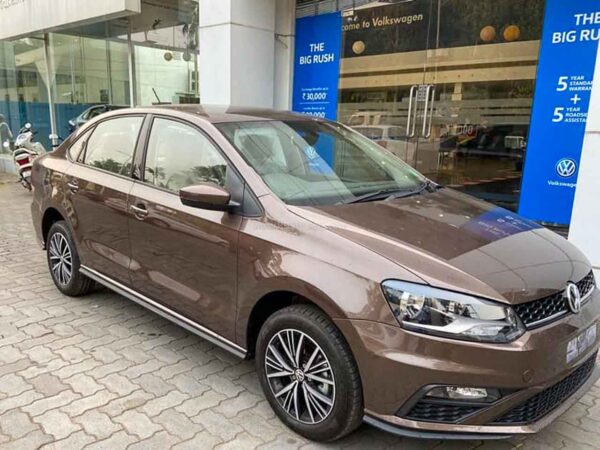Volkswagen India also believes that the government rushed into BS6 norms
India’s largescale automotive industry has not been doing well in recent times and COVID-19 pandemic is just one of several issues faced by major OEMs. Sales continue to be on the lower side despite being much better than the situation in April 2020. However, certain brands have witnessed a linear growth in the past couple of months. Almost all automotive brands, irrespective of vehicle segment, have started ‘online showrooms’ to continue business amidst these challenging times.
It is no secret that the Indian government is following an ‘anti-China’ philosophy due to rising tensions at the India-China border. The ‘Boycott Chinese Goods’ movement has become popular among the wider population as demand for Indian-made alternatives in a few product categories see improvement. But major businesses such as automobiles have had serious downsides as a result, even for Indian-origin brands.
Chinese supply chains are crucial for procuring essential automotive components. This is particularly evident from the fact that Indian automakers started facing production constraints as soon as Chinese component manufacturers went into COVID-19 lockdown towards the end of last year. Bajaj Auto and Maruti Suzuki had shared their views on the topic before.
Volkswagen India’s struggles
German automotive giant Volkswagen Group comments that it is difficult to do business in India, especially at a time when authorities are restricting or delaying imports of Chinese components. Volkswagen India believes that the move will harm India’s “domestic competitiveness and prospects in exports” as a whole. Automotive companies (and almost every other large-scale business) require clear, long-term policies and directions from the authorities in concern, and cannot cope with abrupt changes in existing regulations.

Gurpratap S Boparai, Managing Director of Volkswagen Group’s Indian division, states that “any knee-jerk reaction” can cause damage to the brand’s operations. He added that Volkswagen, being a global brand, depends on foreign supply networks. An exporter requires imported components to operate smoothly and a nation cannot expect outside markets to open without opening its market to key investors or new companies.
Gurpratap is also in the opinion that the Indian government has rushed into BS6 emission norms, after completely skipping BS5 norms. Furthermore, there is an excessive focus on electric vehicles which seems unjustified to brands that have invested an exorbitant amount in converting their products to higher emission specifications.
EVs enjoy multiple tax benefits compared to a regular ICE alternative, especially in urban environments. Meanwhile, leading brands have to recover the investment made on BS6 models before they can focus on new all-electric powertrains. Hybrid vehicles, on the other hand, do not receive enough backing from the government despite being the most logical first step towards reducing emissions.

